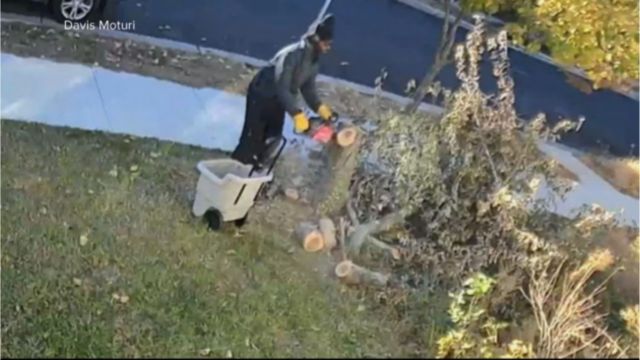Stand Your Ground Law in Louisiana. In 2024, Louisiana’s “Stand Your Ground” provision remains a crucial component of the state’s self-defense legislation.
This rule allows anyone who has a legitimate basis to believe they are in imminent danger to use force—even lethal force—without having to flee. Examine it more closely to see how it functions, what it represents, and some key points to consider.
What is Stand Your Ground?
Louisiana’s 2006 Stand Your Ground law permits citizens to defend themselves when they believe they are under danger. When someone is in an area where they are legally permitted to be, you are permitted to use defensive force against them.
This can apply to a person’s own house, vehicle, or public areas. Stand Your Ground laws are significant because they do not require individuals to “retreat” from a conflict before employing force, in contrast to other self-defense laws.
You are not required to try to leave or avoid an argument if you are in a place in Louisiana legally and feel threatened.
Criteria for Using Force
According to Louisiana’s Stand Your Ground statute, you may use force if
- The individual is where they are legally permitted to be.
- They have a legitimate belief that using force is required to stop impending harm, injury, or death.
- There is a serious and immediate threat.
For this reason, the use of force must be appropriate and consistent with the perceived threat.
For example, if someone feels attacked in public and has a legitimate reason to believe that their safety is in jeopardy, they may be legally permitted to use defensive force.
Legal Protections and Consequences
The “Stand Your Ground” statute in Louisiana is significant because it protects those who use force to defend themselves. According to the law, those who use force in certain circumstances are typically immune from criminal charges and civil lawsuits.
This could entail avoiding legal issues and a lawsuit from the injured party or their relatives.
However, this immunity is not unqualified. A person may face criminal charges if a court or police investigation determines that they used excessive or needless force. This can include second-degree murder or manslaughter under certain conditions.
Public Criticism and Support
Louisiana is just one of many states in the US where people have been discussing Stand Your Ground legislation. Advocates of the law claim that it empowers law-abiding citizens to defend themselves in times of peril.
However, detractors claim that the rule can result in needless violence and that it is occasionally administered in ways that disproportionately harm minority communities.
Despite numerous calls for revision or amendment, Louisiana’s “Stand Your Ground” statute remains mostly unchanged in 2024. This ongoing debate demonstrates the conflict between public safety concerns and the right to personal protection.
Conclusion
By making it apparent that people can defend themselves without having to back down when they feel attacked, Louisiana’s Stand Your Ground statute demonstrates a strong support for the right to personal defense.
However, anyone considering using force should be aware of what the law prohibits and, if unsure, should consult a lawyer. Since self-defense rules might be complex, it’s critical to understand every element in order to properly abide by them.


 by
by 




